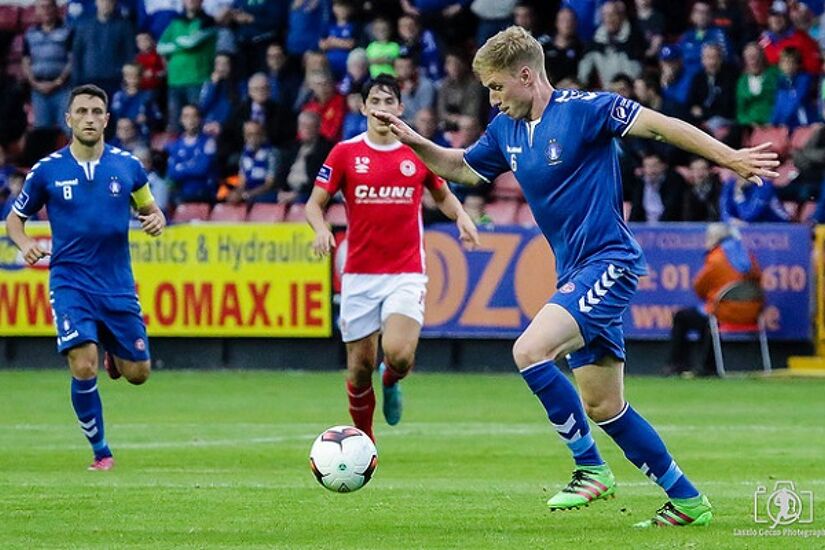Lack of job security puts League of Ireland players at disadvantage

Credit: Laszlo Geczo (ETPhotos)
For many, they are heroes on the pitch but the reality is that a career in the League of Ireland is often short-lived, demanding and financially unrewarding.
Dundalk’s success in the Europa League this season shows that the top players in Ireland can compete alongside Europe’s elite, but the truth is that the Irish-based players must contend with much harsher realities compared to their European counterparts.
While the league is perceived by many as a professional outfit, a large proportion of SSE Airtricity League of Ireland players are forced to sign on for social welfare during the off-season, or in other cases, obtain seasonal work.
Former UCD, Drogheda and Sligo Rovers midfielder Paul O’Conor believes that the quality of the league will never improve if players aren’t able to fully commit to their playing careers.
“I’ve experienced it when I was at Drogheda and even since I’ve been at Limerick, players are coming to training and they are tired,” O’Conor explains. “They are not at their full peak when it comes to the games and this is considered a professional league.
“Being a League of Ireland player often feels like a full-time job but with part-time pay. It is detrimental to the standard of the league.
“Players in the league need to be realistic. Some have families and many often tend to keep a job during the season and stick to playing football part-time, to guarantee an income throughout the whole year,” he added.
The well-travelled midfielder is in the minority having secured a two-year deal with Limerick, but that doesn’t ensure financial security during the off-season.
“I am on a two-year deal but there is still a gap in the middle of not getting paid during the off-season. The last pay cheque comes in at the end of October.
“A lot of the players I know would go on the dole, thankfully I usually have part-time work in a gym during the off-season.” said O’Conor.
Despite his criticism of the current situation in the League of Ireland, Paul doesn’t believe that there is much of an alternative until attendances improve at games.
“The money coming in for the clubs during the season isn’t that great, the numbers are low in attendances.” he added.
Recently at The Professional Footballers’ Association of Ireland (PFAI) Awards, the PFAI chairman Gary Rogers spoke out about pushing for 52-week contracts for players in the league but O’Conor believes that this isn’t as easy as it seems.
“I think half of the teams in the Premier Division could do it, the other clubs couldn’t so you can’t have a rule for the league.” he said.
UEFA rules mean that clubs have a limited amount of money that can be allocated to player’s wages, so even if the clubs were to offer 52-week contracts then they could only spend 65% of their revenue.
Due to the Salary Cost Protocol (SCP) and Financial Fair Play (FFP), unless club’s’ income increases, then the idea of a 52-week contract would mean that players would receive the same amount, just over a longer period.
O’Conor believes that the only alternative for players who want financial security and a full-time career in football is to move abroad.
“I think the big thing about players that go to England, they are guaranteed longer contracts. Sometimes the money isn’t always going to be the same but the players feel more security when they get the opportunity to go across the water.
“In Ireland, if you have one bad season or if you get injured, then at the end of the season you could be gone from that club.” he said.
It is not an ideal situation for League of Ireland players but until incomes improve for the clubs then there is no alternative. For many of the players still applying their trade in Ireland, the off-season comprises of spending time talking to different managers, hoping that they will get offered a contract for the upcoming season.

